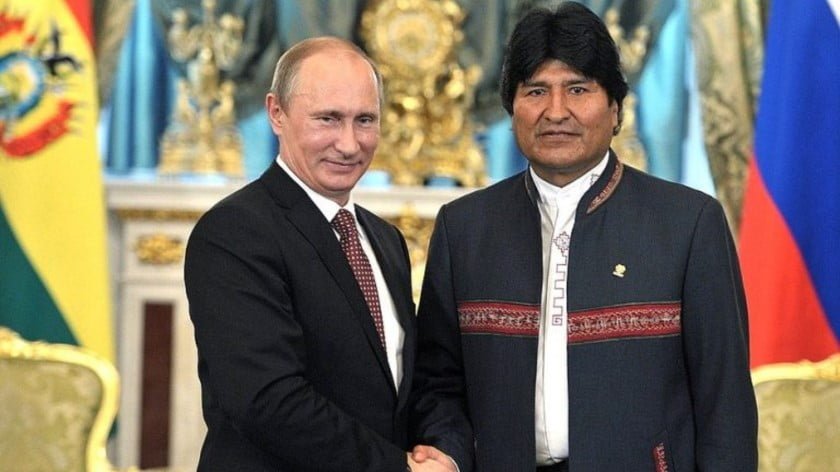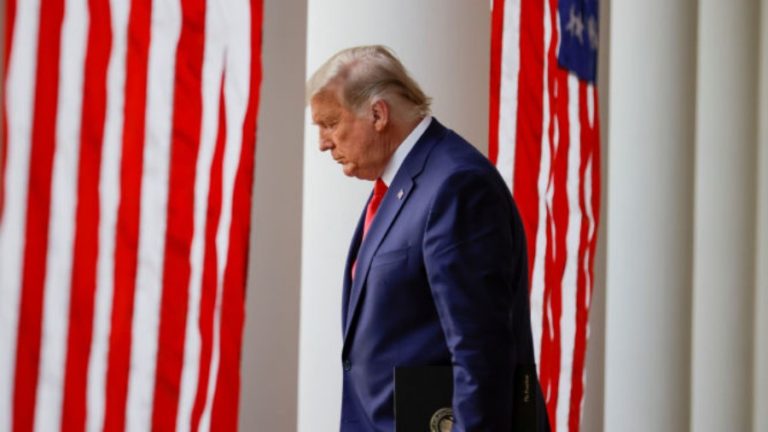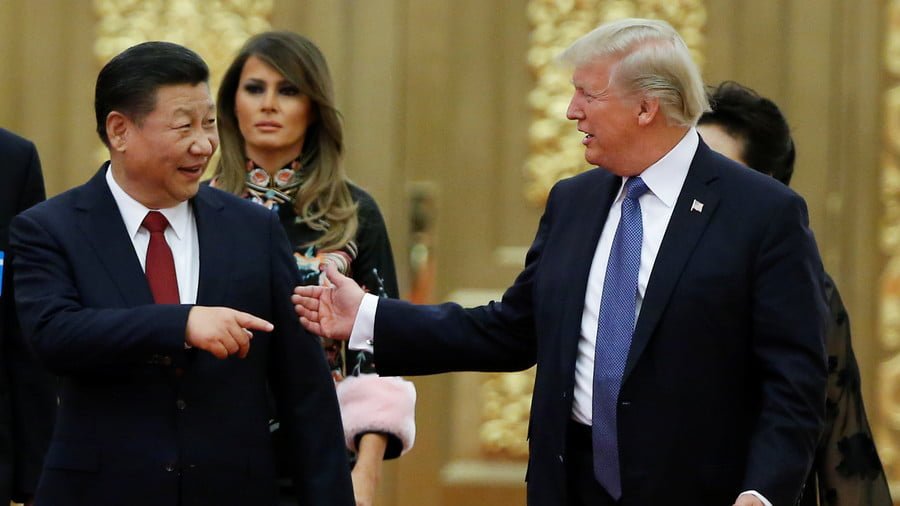Propaganda, Confrontation and Profit
The waves, the artificial tides of anti-Russian propaganda continue to beat upon the ears and eyes of Western citizens, spurred by Washington politicians and bureaucrats whose motives vary from deviously duplicitous to blatantly commercial. It is no coincidence that there has been vastly increased expenditure on US weaponry by Eastern European countries.
Complementing the weapons’ build-up, which is so sustaining and lucrative for the US industrial-military complex, the naval, air and ground forces of the US-NATO military alliance continue operations ever closer to Russia’s borders.
Shares and dividends in US arms manufacturing companies have rocketed, in a most satisfactory spinoff from Washington’s policy of global confrontation, and the Congressional Research Service (CRS) records that “arms sales are recognized widely as an important instrument of state power. States have many incentives to export arms. These include enhancing the security of allies or partners; constraining the behaviour of adversaries; using the prospect of arms transfers as leverage on governments’ internal or external behaviour; and creating the economics of scale necessary to support a domestic arms industry.”
The CRS notes that arms deals “are often a key component in Congress’s approach to advancing US foreign policy objectives,” which is especially notable around the Baltic and throughout the Middle East, where US wars have created a bonanza for US weapons makers — and for the politicians whom the manufacturers reward so generously for their support. (Additionally, in 2017 arms manufacturers spent $93,937,493 on lobbying Congress.)
Some countries, however, do not wish to purchase US weaponry, and they are automatically categorised as being influenced by Russia, which is blamed for all that has gone wrong in America over the past couple of years. This classification is especially notable in the Central Asian Republics.
The US military’s Central Command (Centcom) states that its “area of responsibility spans more than 4 million square miles and is populated by more than 550 million people from 22 ethnic groups, speaking 18 languages… and confessing [sic] multiple religions which transect national borders. The demographics create opportunities for tension and rivalry.” Centcom is deeply engaged in the US wars in Iraq, Syria and Afghanistan, and supports Saudi Arabia in its war on Yemen, and the extent of its influence in the Pentagon’s self-allotted geographical Area of Responsibility is intriguing, to say the least. Some of its priorities were revealed in March 2017 by the Commander of this enormous military realm, General Joseph Votel, in testimony to the Armed Services Committee of the House of Representatives in Washington.
General Votel’s description of US self-allocated “responsibilities” was astonishing in its imperialistic arrogance.
As Commander of Centcom, General Votel gave the Armed Services Committee a colourful tour of his territory, describing nations in terms ranging from condescendingly supportive to patently insolent, and he devoted much time to describing relations with countries abutting Russia, Iran and China, which nations, he declared, are trying “to limit US influence in the sub-region.” That “sub-region” includes many countries immediately on the borders of Russia, Iran and China, and averaging 7,000 miles (11,000 kilometres) from Washington.

First he dealt with Kazakhstan with which the US has its “most advanced military relationship in Central Asia” in furtherance of which Washington is “making notable progress… despite enduring Russian influence.” It is obviously unacceptable to the Pentagon that Russia wishes to maintain cordial relations with a country with which it has a border of 6,800 kilometres. Then General Votel went into fantasyland by claiming that “Kazakhstan remains the most significant regional contributor to Afghan stability…” which even the members of the Congressional Committee would have realised is spurious nonsense.
But more nonsense was to follow, with General Votel referring to Kyrgyzstan in patronising terms usually associated with a Viceroy or other colonial master of a region that Votel describes as “widely characterized by pervasive instability and conflict,” which he failed to note were caused by the US wars in Afghanistan and Iraq.
He told the Committee that Kyrgyzstan “sees political pressure from its larger, more powerful neighbours, including Russia, hosting a small Russian airbase outside the capital, Bishkek. Despite ongoing challenges in our bilateral and security cooperation, we continue to seek opportunities to improve our mil-to-mil relationship.” He did not explain why Kyrgyzstan should be expected to embrace a military alliance with United States Central Command, but Viceroys don’t have to provide explanations.
Votel then moved to consider Tajikistan with which “our mil-to-mil relationship is deepening despite Moscow’s enduring ties and the presence of the military base near Tajikistan’s capital of Dushanbe, Russia’s largest military base outside of its borders.” Not only this, says Votel, but China (having a 400 Kilometre border with Tajikistan) has had the temerity to have “initiated a much stronger military cooperation partnership with Tajikistan, adding further complexity to Tajikistan’s multi-faceted approach to security cooperation.”
No: China hasn’t added any complexity to Tajikistan’s circumstances. What has complicated their relations is the fact that Afghanistan is in a state of chaos, following the US invasion of 2001, and drugs and terrorists cross the border (1,300 kilometres long) from Afghanistan into Tajikistan, which is trying to protect itself. During its sixteen years of war in Afghanistan there has been no attempt by the United States to secure that border.
None of these countries wants to be forced into a military pact with the United States, and Turkmenistan (border with Afghanistan 750 kilometres) has made it clear it doesn’t want to be aligned with anyone. But General Votel states that its “UN-recognized policy of ‘positive neutrality’ presents a challenge with respect to US engagement.” No matter what is desired by Turkmenistan, it seems, there must always be a way for the United States Central Command to establish military relations and, as General Votel told the Defence Committee, “we are encouraged somewhat by Turkmenistan’s expressed interest in increased mil-to-mil engagement with the US within the limits of their ‘positive neutrality’ policy.”
In the minds (to use the word loosely) of General Votel and his kind, it doesn’t matter if a country wants nothing whatever to do with the United States’ military machine, and wants very much to be left alone to get on with things without any interference. Adoption of such a policy by any nation presents a “challenge” and the United States, which in this region is overseen by General Votel’s Central Command, is determined to seek military “engagement” irrespective of what is desired by governments. Arms sales would swiftly follow.
Votel’s tour of his area of responsibility covered Afghanistan, about which his most absurd assertion was “I believe what Russia is attempting to do is they are attempting to be an influential party in this part of the world. I think it is fair to assume they may be providing some sort of support to [the Taliban] in terms of weapons or other things that may be there.”
There was not a shred of evidence provided, but the Committee accepted the pronouncement. Obviously if an allegation is made about Russia it doesn’t matter if it is false. It must be believed. But unfortunately for the imperial Votel and his deferential audience, a person with some sense of truth and balance came up two months later with a statement rubbishing Votel’s unfounded and provocative accusation. In May the Director of the US Defence Intelligence Agency told a Senate Committee that “We have seen indication that [Russia] offered some level of support [to the Taliban], but I have not seen real physical evidence of weapons or money being transferred.” The mainstream media gave no publicity to the truth, and continue to blame Russia for all the ills that befall the US Empire, at home and overseas.
The state of affairs was summed up admirably by Jacob Hornberger of the Future of Freedom Foundation on December 4 when he wrote that “Central to any national-security state is the need for official enemies, ones that are used to frighten and agitate the citizenry. If there are no official enemies, the American citizenry might begin asking some discomforting questions: What do we need a national-security state for? Why not abolish the CIA and dismantle the military-industrial complex and the NSA. Why can’t we have our limited-government, constitutional republic back?”

The Motto of the Pentagon’s Central Command is “Prepare, Pursue, Prevail.” and the Central Asian Republics would be well-advised to bear in mind these threats and think hard about the underlying motif of the US military-industrial complex which is “Propagandise, Provoke, Profit.”
By Brian Cloughley
Source: Strategic Culture







